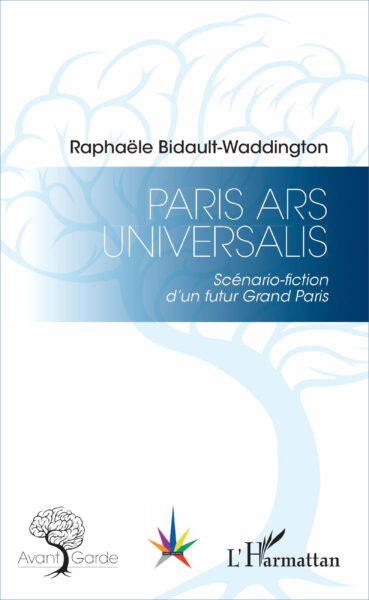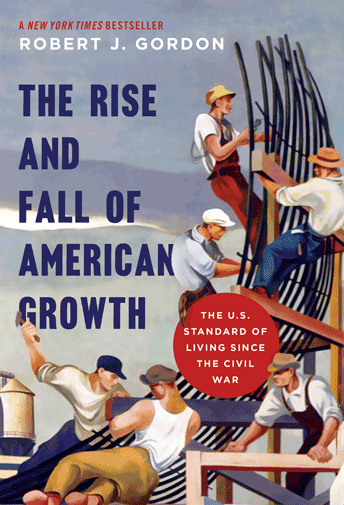Isaac Asimov (1920-1992) is held to be one of the most prolific science fiction writers of his generation. He was born in Russia, exiled to the United States with his family at the age of three, and took American citizenship in 1928. He wrote his first stories (unpublished) at the age of 11 while continuing to study, gaining his doctorate in chemistry in 1948.
His first story (Marooned off Vesta) was published in the magazine Amazing in 1939. There followed over a hundred stories, enriched by Asimov’s wide scientific learning, and they made him one of the greatest science fiction writers of the 20th century. His best known work is probably the Foundation cycle. The Robots series is the other cornerstone of his oeuvre, in which Asimov explores all sorts of relationships between men and machines, foreseeing most of the developments in electronics that have occurred to date – but not, however, the miniaturization of computers.
The short story reprinted here belongs to that series. It comes from the collection entitled Robot Dreams and deals with the problems that a human being can face when obliged to rely on the decisions of a machine he has himself created and that has been fed with data produced by other humans. A recurring theme in futures studies – “Garbage In, Garbage Out” – underlies Henderson’s remarks about the central computer: “Then just a big machine. No better than the information fed into it.”
The Machine that Won the War (Futures of Yesteryear)
Cet article fait partie de la revue Futuribles n° 307, avr. 2005


